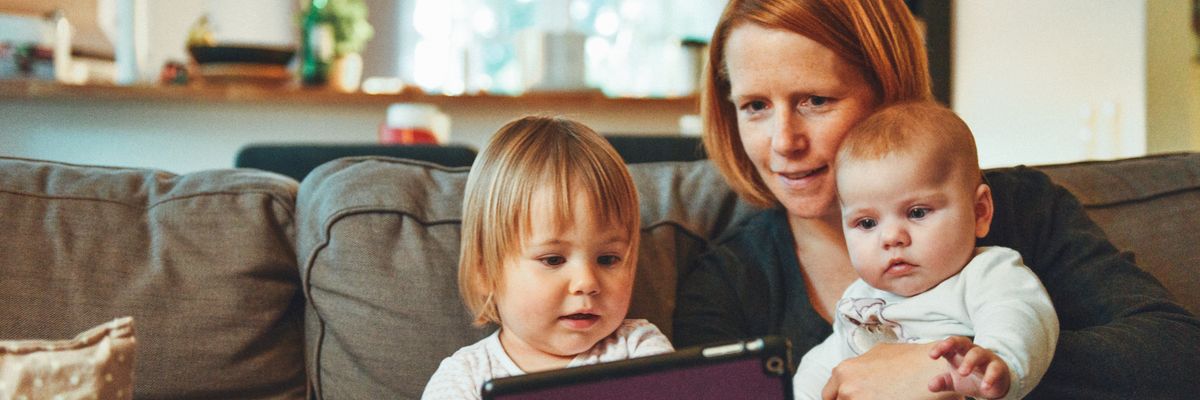I had a baby in 2021 and quickly learned how parenting and child care expenses add up.
My husband and I had saved up for months to afford my unpaid maternity leave—I kept working even after my water broke because we needed every penny. It was a dream come true to have a career that I was proud of and finally be welcoming a child into our lives.
But I had no idea how hard it would really be.
While I was on unpaid maternity leave that cost us our health benefits, my husband was let go from his job. Already reliant on WIC—the federal food aid program for women, infants, and children—we were forced to go to food pantries, apply for Medicaid, and referred to a diaper bank. We were in survival mode: exhausted, stressed out, and worried.
Congress must put our tax dollars and policies toward strong support for families.
Despite a litany of postpartum complications that continue to plague me more than two years later, I ended up only taking seven weeks of leave before I returned to work out of desperation.
I wondered: Why doesn’t the U.S. have a paid parental leave policy?
Instead, my first and only experience with motherhood was marred by stress and trauma. Again and again, I had to choose between my health and a paycheck, which can feel like a punishment. I’d proudly served my country on a one-year assignment overseas working on foreign aid, and it didn’t matter.
We found child care at a loving, quality child care center, but the tuition kept increasing. Now the monthly cost is almost twice our mortgage. In fact,
child care costs exceed college tuition where we live in North Carolina, as well as in at least 27 other states. My stomach gets in a knot every six months when I know the tuition will increase again.
I wondered: Why don’t we invest more in early care and education?
Meanwhile, the crises causing outsized harm to families throughout the pandemic compounded: a diaper shortage, a formula shortage, inflation, and wages that wouldn’t keep up. So many people are struggling to get back on their feet and desperately need balance and some peace of mind. The stress took its toll, and my husband and I separated in spring 2023.
I wondered: If only we’d had more support, would we have made it?
I have an advanced degree and work as a communications director at a nonprofit while also freelancing. After paying for necessities, we have nothing left, so I get food and supplies from neighbors and friends. I work so hard as a single mom to try to achieve the dreams I have for myself and my baby boy—the dreams that all mothers have. I don’t want my child to deal with the stress and constant refrain of “we don’t have the money for that,” like I did growing up.
Families desperately need, want, and deserve better. Welcoming a child should never be the reason a family plunges into poverty, especially in one of the wealthiest countries in the world. We shouldn’t be sacrificing health, quality early learning, or stability in exchange for a roof over our heads and food. Instead, we should be building strong foundations and generational wealth for our kids.
We need federally mandated paid parental and medical leave. We need additional dedicated funding for programs like WIC that
support over 6 million families.
And we need to continue expanding the Child Tax Credit. In North Carolina alone, the monthly Child Tax Credits received in 2021 helped the families of
140,000 children lift themselves out of poverty. Nationally, the credit cut child poverty by over 40% before Congress let the pandemic expansion expire at the end of 2021.
Congress must put our tax dollars and policies toward strong support for families. Let’s ensure no parent experiences welcoming a child as a financial catastrophe and make this country a place where families prosper.

